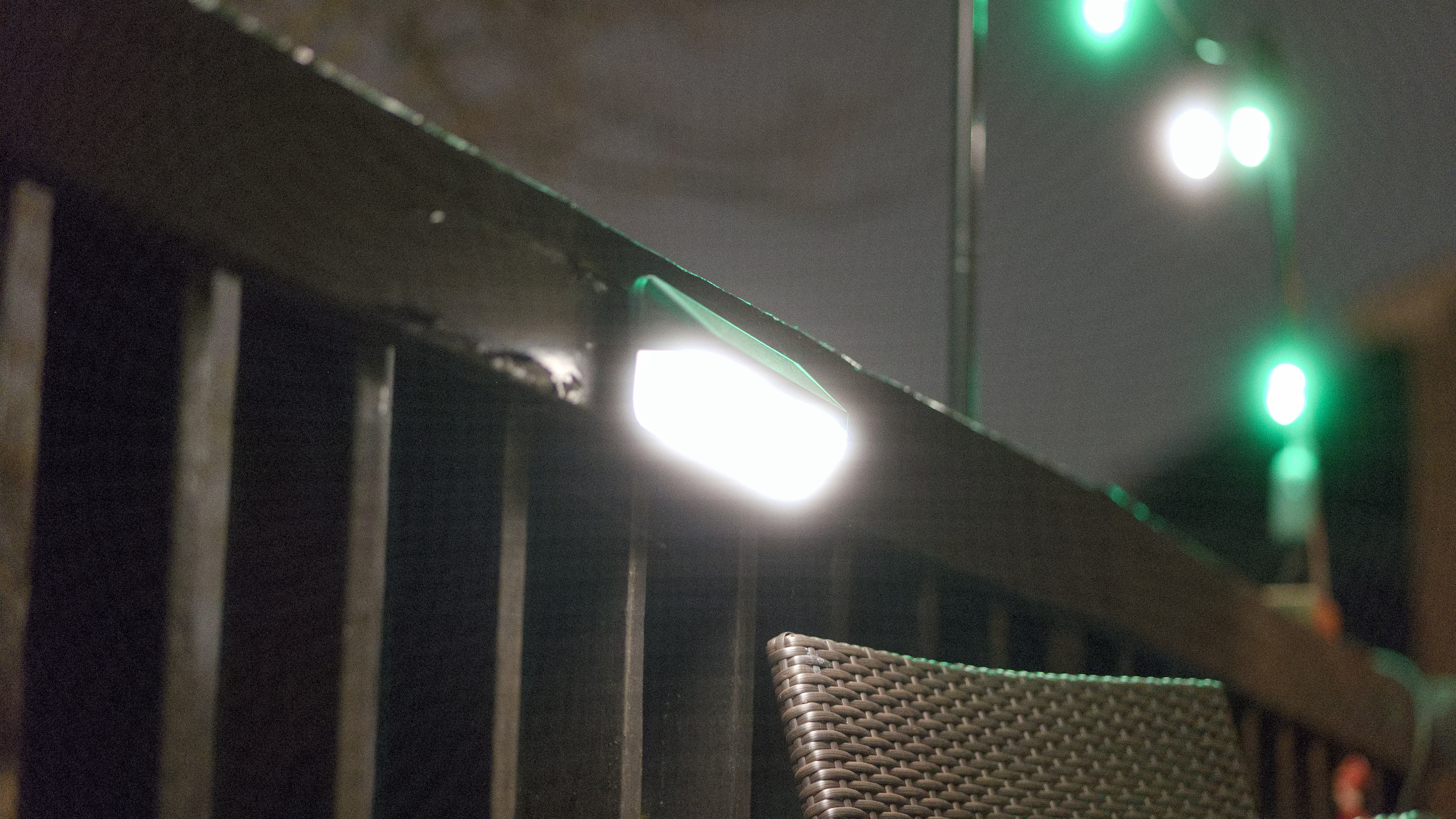You (Probably) Don't Want an Android Console
It's hard to determine exactly why expensive, powerful Android consoles exist, or to whom they're supposed to appeal.
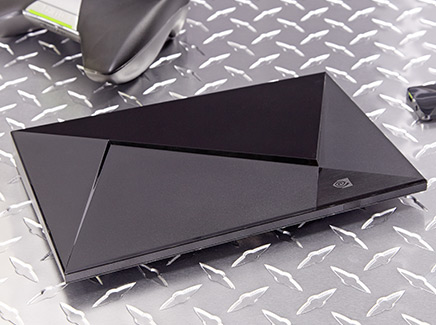
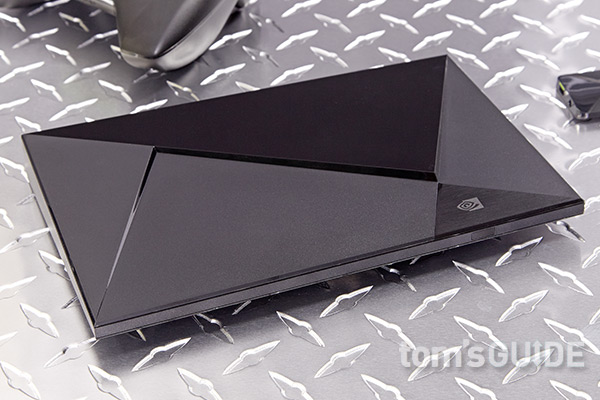
The Ouya. The Nexus Player. The Fire TV. The Shield TV. The Forge TV. These devices run the gamut from "unmitigated disaster" to "pretty decent set-top box," but each one raises the same question: What is the point of an Android console?
While the market is not exactly glutted with these devices, they're starting to come out every few months like clockwork. I've tested a variety of them. Some are awful, and some are pretty good, but for the life of me, I can't figure out what they're for, or to whom they're supposed to appeal.
In case you haven't been keeping tabs on Android consoles (and really, if you have a smart TV, set-top box or game console, there's not much reason why you should), they represent a sort of halfway point between streaming devices like the Roku 3 and full-fledged game consoles like the PlayStation 4. Modern Android consoles run on Google's Android TV operating system, and makers say the devices offer a mix of streaming services and both casual and more hardcore games.
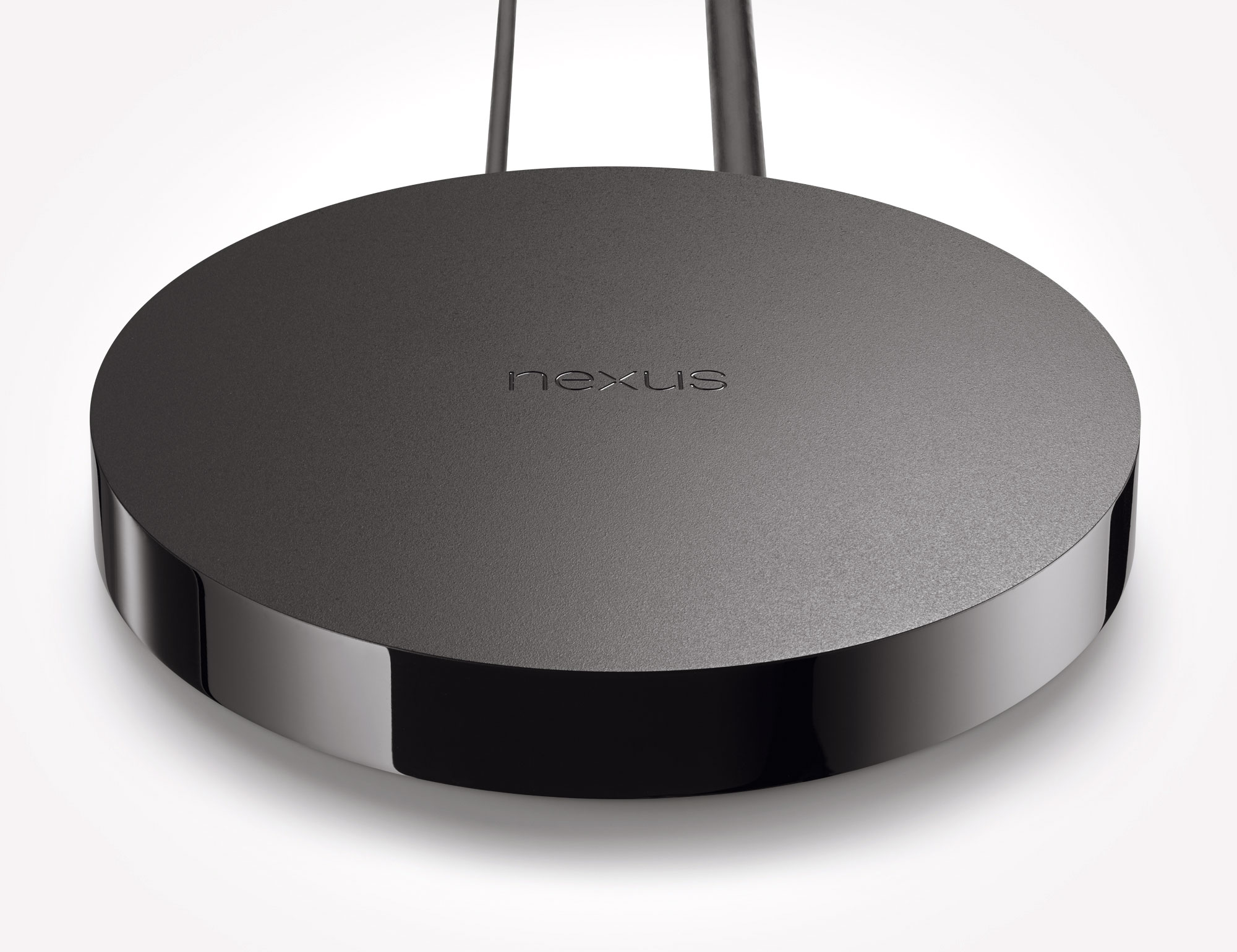
Who Needs an Android Console?
Android consoles are generally here to do three things: stream content, play casual games and play hardcore games. Under a broad definition of "success," devices like the Nexus Player and the Fire TV succeed on all three counts.
"Android devices are symptomatic of the major console makers allowing the broader market to slip away," said George Chronis, the director of qualitative analysis at Digital Future Consulting & Intelligence, which focuses on games and digital entertainment. Although Chronis asserts that smartphones and Android consoles might chip away at the PS4 and Xbox One's hegemony as home gaming systems, he also points out that "not all Android home systems pose the same viability to the consumer."
If you need a cheap gaming console, perhaps for a child's room or a summer home, there are worse alternatives than a Fire TV. Android consoles in the sub-$100 range are often passable gaming machines that cost much less than a PS4 or Xbox One.
"The question comes down to what is really driving the purchase of these boxes," Ross Rubin, a tech analyst from Reticle Research, said. "Is it a video-viewing experience or a game-playing experience?"
Rubin said he believes that while the game library for Android consoles is still in its infancy, it could eventually prove to be the boxes' strongest selling point. "Games are a differentiator … [Android consoles] take advantage of the games on Google Play, and clearly, theirs is a rich library to tap into."
Hardcore gamers could theoretically make use of high-end Android boxes like the Shield TV or Forge TV, since those devices allow users to stream certain games from a PC to a television. These technologies have not been perfected yet, and the number of games available to stream is still somewhat limited, but buying an Android console is still much cheaper than building a second gaming rig and much more timely than waiting for the elusive Steam Machines.
"Shield isn't a replacement for high-end game consoles," said a team of representatives from Nvidia. "Shield is a living room entertainment device." They suggested that the Shield was targeting families who wanted a video-streaming device that could also play games (rather than the other way around), and generally, those have been the people buying the consoles.
If you have a 4K TV without smart features, a device like the Shield could also prove useful, as it is, at present, the only streaming box that handles 4K content. Nvidia pointed out that even smart TVs often have "poor user interfaces" and "buggy software," and frequently "support limited software upgrades," all of which are true. Buying a powerful Android box is much cheaper than buying a new TV, and, in the grand scheme of things, not that much more expensive than buying a potentially clunky streaming stick.
MORE: Best Android TV Apps
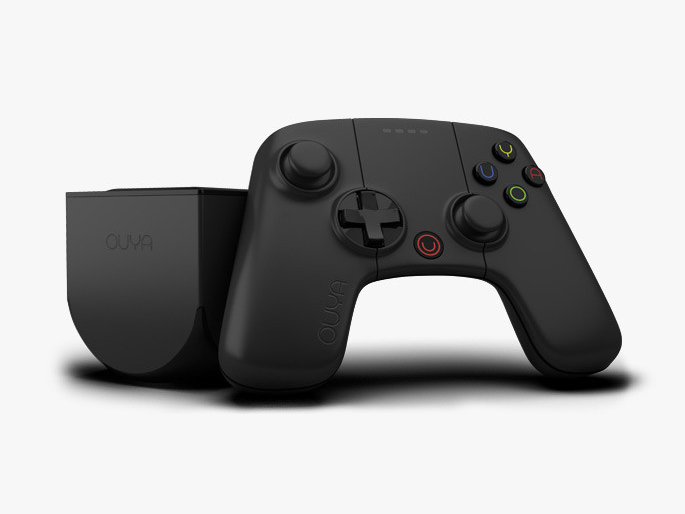
Who Doesn't Need an Android Console?
If you read the description of Android consoles and wondered why you would need such a thing, you're not alone. The Nexus Player can get Netflix on your TV, but so can a Chromecast, at one-third of the price. The Forge TV can play The Wolf Among Us, but so can your tablet. You can stream Borderlands: The Pre-Sequel to your Shield TV, or you could just buy a digital download for your Xbox One. Android consoles do a lot, but they can't do much that a system you probably already own won't do better. In terms of price, an Android console may sound attractive, but in terms of value, it doesn't offer much.
Take streaming media, for example, arguably the primary purpose behind buying an Android console. You can watch lots of quality channels with a Nexus Player or Shield TV, but they may not offer much of an advantage over a device that costs half as much.
"Android boxes may have a little more horsepower than [streaming] sticks, but they're both essentially capable of doing many of the same things," Rubin said. "For most consumers, there's a pretty short list of services that they're interested in streaming: Netflix, YouTube, Amazon Prime, Hulu, maybe Spotify or Pandora."
Rubin explained that while Android consoles stream these services with high fidelity and beautiful interfaces, most customers can get what they need from smart TVs, game consoles or cheaper sticks, like the Chromecast, Roku Streaming Stick or Fire TV Stick.
Playing casual games on a big screen is perhaps a draw for some consumers, especially those with small children. But said children tend to prefer touch screens to controllers anyway, and they're not alone.
"On balance, we do not see Android titles playable on a cheap home device to be all that compelling an option to consumers," Chronis said. "People tend to play more casual games on their smartphones, in smaller time increments. Do they really want or need to purchase an Android console to further their progress at home when they can just as easily pull out their phone? In most cases, probably not."
The selection of more-traditional games on Android consoles is both limited and generally somewhat outdated. The Fire TV has a better selection than the Android TV systems, but either way, the "core" games are largely limited to Telltale's Fables, Walking Dead and Game of Thrones titles (which are excellent, but not technologically demanding), and Grand Theft Auto or Final Fantasy titles from 10 or 20 years ago.
"The dearth of games optimized for Android-based set tops speaks to the chicken-and-egg problem," Rubin said. "Developers are waiting to see the volume [of users], and the volumes are hurt to some extent by a lack of content.
Rubin and Chronis agreed that TV-based Android games have a ton of room for growth over the next few years, especially since the consoles themselves tend to be rather powerful. For the moment, however, buying one of these devices primarily as a gaming console would probably not be a great idea.
MORE: Best Streaming Players: Chromecast, Roku, Apple TV & More
Granted, high-end systems like the Shield TV can play modern(ish) games like Borderlands: The Pre-Sequel and Metal Gear Rising: Revengeance, and at $200 for a low-end model, it's much cheaper than a PS4 or Xbox One. Chronis points out that the system can also support 4K video (not games) and its GRID system can deliver many more high-end games than can the traditional Android stock.
Still, $200 would also buy you an Xbox 360 or PS3, assuming you don't already own one. While you wouldn't get an Android console's ongoing support, you would get a much larger library and most of the same streaming-video services.
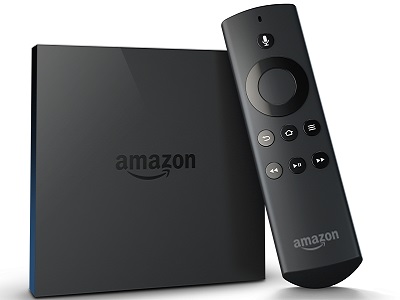
Master of None
Android consoles are generally too new to have sales figures. Rubin suggested, though, that their sales have been very low compared to more traditional streaming devices like the Roku and the Apple TV. If Android consoles are the hot new thing come holiday 2015, it would be a surprise. But I don't generally run out and buy a new gadget unless it fills some specific purpose, and I suspect I'm not alone. Android consoles do a lot, but it's a struggle to find one unique thing that they do.
This isn't to say that Android consoles are bad or useless devices. I liked most of the systems I've tested, and if the Shield TV's 4.3-star review average on Amazon is any indication, consumers like them, too. What's harder to understand is why these devices are preferable to a phone, tablet, streaming stick or game console.
As always, the consumer is always the best judge of where his or her money should go. But before you buy an Android console, consider the reasons why you want it, and think carefully about whether it's really the ideal device to suit your needs.
Marshall Honorof is a senior writer for Tom's Guide. Contact him at mhonorof@tomsguide.com. Follow him @marshallhonorof. Follow us @tomsguide, on Facebook and on Google+.
Sign up to get the BEST of Tom's Guide direct to your inbox.
Get instant access to breaking news, the hottest reviews, great deals and helpful tips.
Marshall Honorof is a senior editor for Tom's Guide, overseeing the site's coverage of gaming hardware and software. He comes from a science writing background, having studied paleomammalogy, biological anthropology, and the history of science and technology. After hours, you can find him practicing taekwondo or doing deep dives on classic sci-fi.
-
jadejardinico "The one thing about the new Redmi phablets that give me pause is their octa-core MediaTek processors, which aren't as highly regarded as Qualcomm's Snapdragon chips."Reply
Seriously? I think you haven't tested out considerable quantities of budget Android smartphones. I have used latest mid-range (with entry level price tags) Androids such as Lenovo K3 Note with MediaTek 6752 chip and it performed faster and at times on par than most phones powered with Snapdragon 6xx/4xx chips. So this Mi having the latest HelioX10 which is surely faster, more powerful than the 6752 is really a bargain for a $120 phablet. -
parkerthon The appeal of these devices is their power and flexibility, not necessarily some killer feature(although you could argue the ability to play local HD media files is just that). I could care less about another cheap crippled and constrained consumer device(ala Roku, Chromecast). Give me something that plays real HD media and can install apps that allow the device to keep up. There is a rapidly evolving market for TV home media consoles as consumers realize their smart TV's are actually poor investments but at the same time they want to continue to have that home media computing experience they've come to take for granted. It's not mature yet which is why there are way too many poor releases, but the demand is there from the same first adopters that took the plunge with smart phones and tablets.Reply

